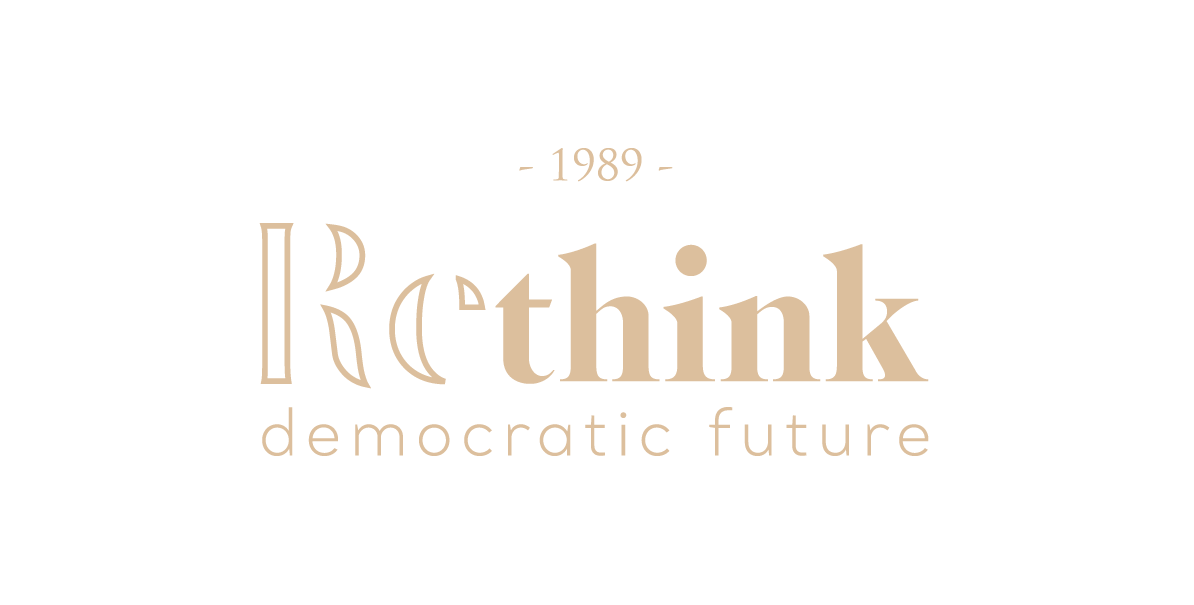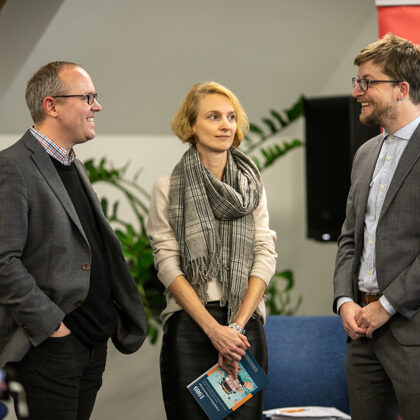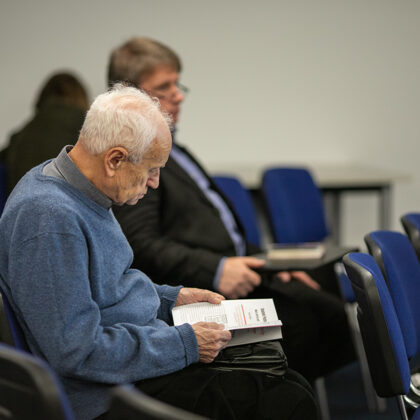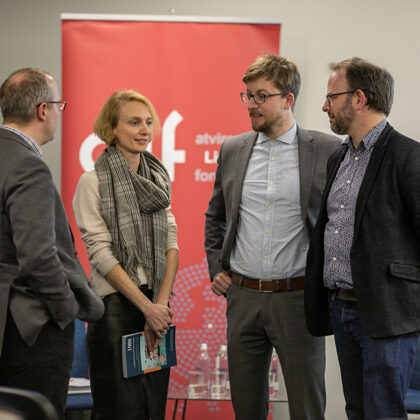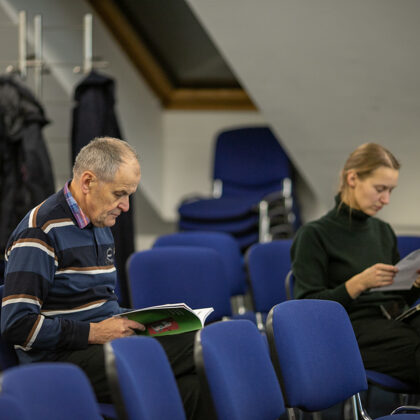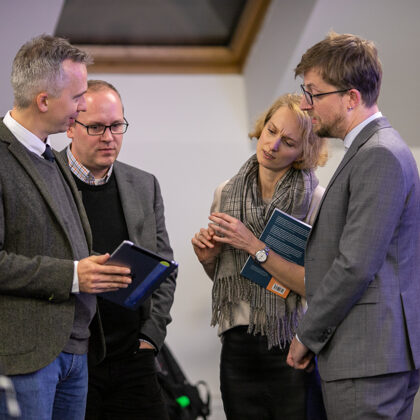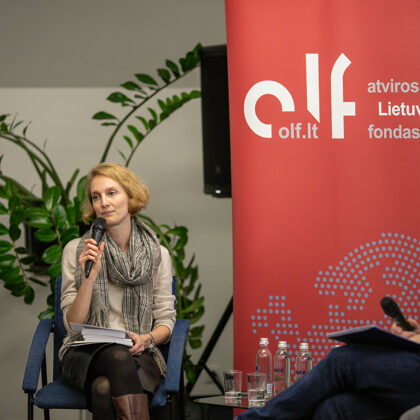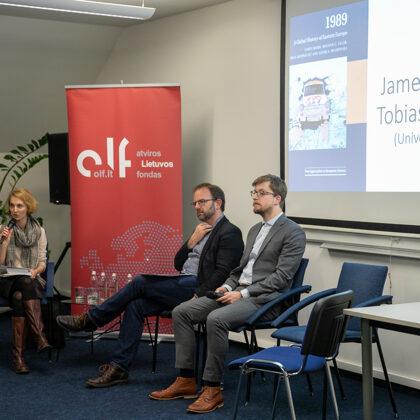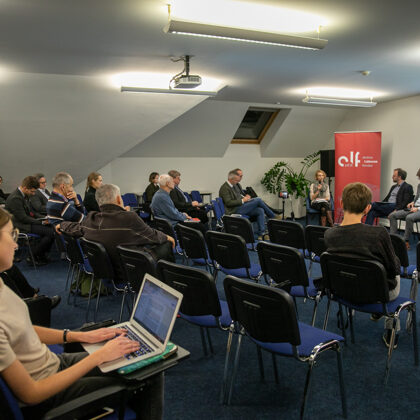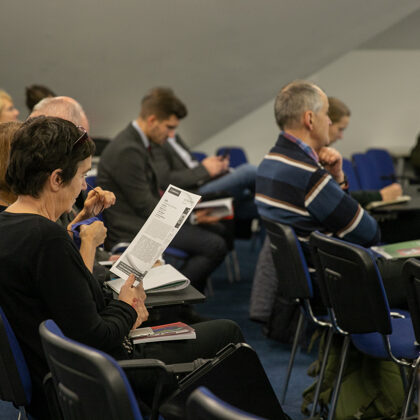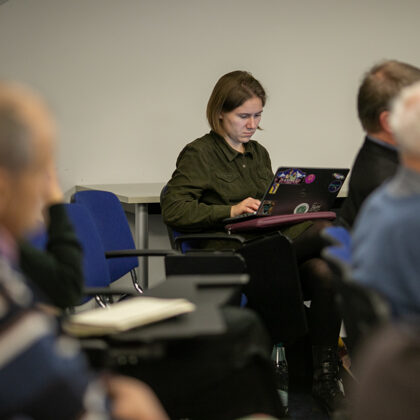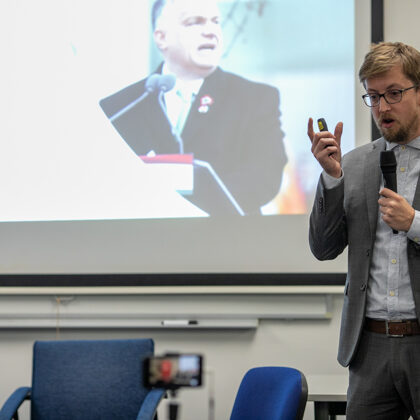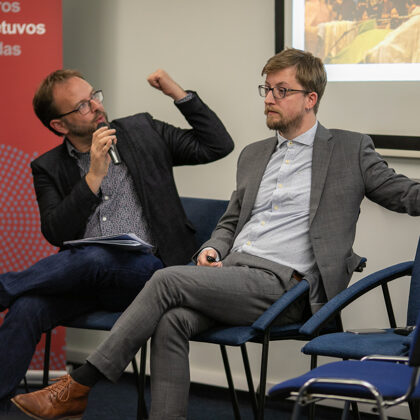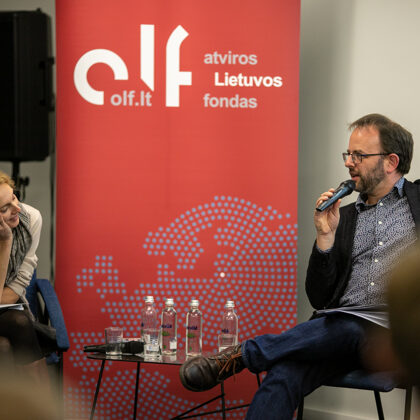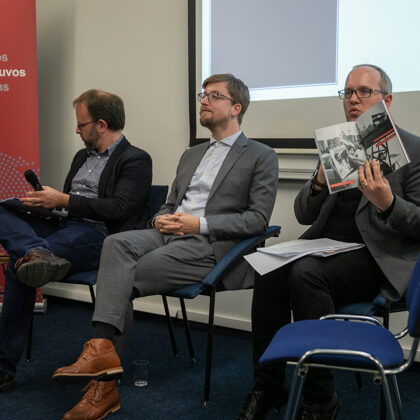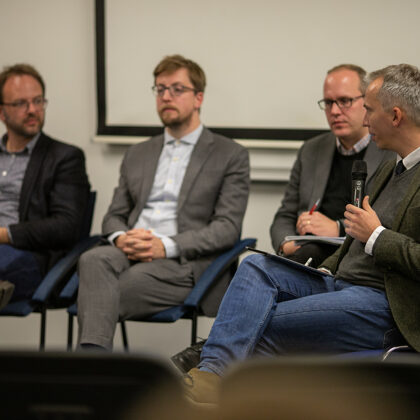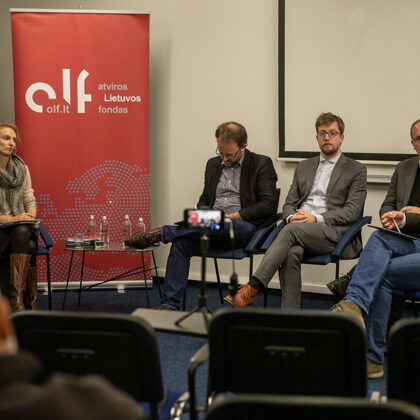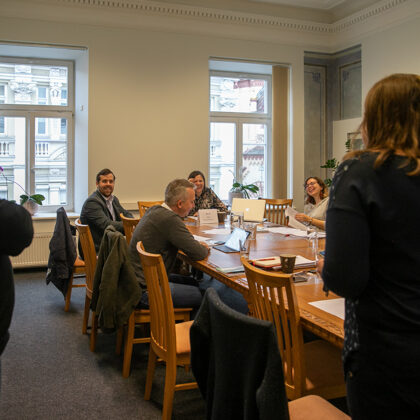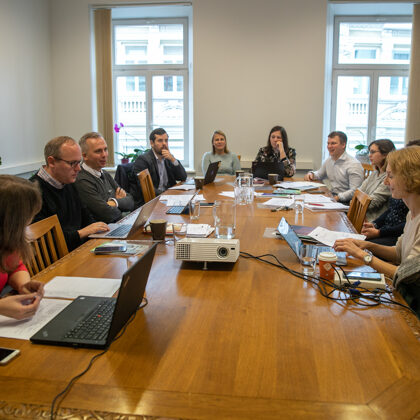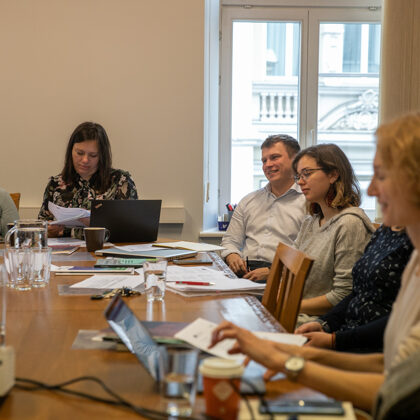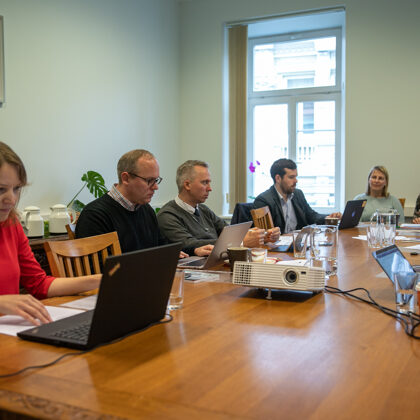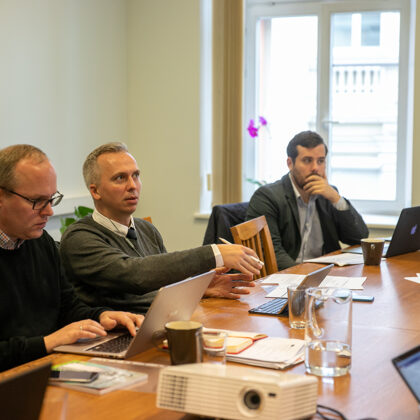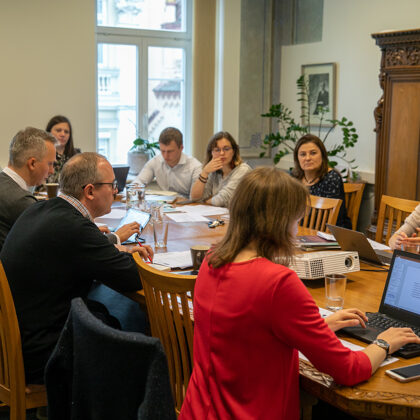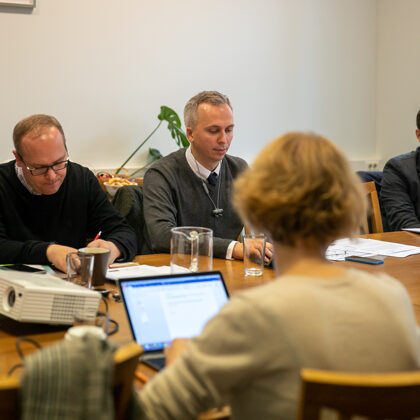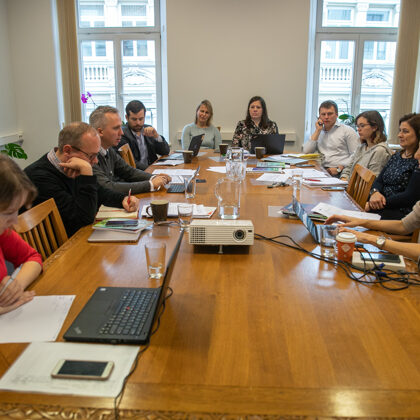The event was aimed at reconceptualizing
1989 and focused on the meaning of it for today. The discussion asked if the
promises of the 1989 were realized, do we need to rebound ourselves by this
promise? And how to stand up for the
ideas and memory of 1989 in new, 21st century Europe?
With the
fall of the Berlin wall the history did not end. 1989 is often understood as
the ultimate victory of democracy against totalitarianism. However, for the
people of post-soviet countries it meant extreme novelty and radical change of
their life. The understanding that new ways of conduct are necessary not only
on the political level but also in everyday life was rather challenging.
Western
countries faced similar dilemma of the change world as with the fall of the
Iron curtain and opened borders the Western world and Western Europe could no
longer describe itself as the antagonism to USSR. The opposition of Free man in
the Free world versus enslaved man in the Empire of Evil was no longer
possible. It indicates that Europe needed to find the new definition.
According
to the co-authors of the book "1989: The Global History of Eastern
Europe" this in a way shifts the points of emphasis - from the dominant
narrative that the year of 1989 became the beginning of Eastern integration
with the West, the realization of the need for a revolution against tyranny in
the East became the beginning of a new, common stage in European history. This
should help us to accept 1989 for ourselves as a page in our European history,
rather than maintaining a starting point for the integration of the backward East
into the progressive West.
The memory
of 1989 points out that the history requires more open dialogue reviewing our
own superstitions and constructs that have acquired the power of habit about
history and its meanings. The tensions between the truth and the perception of
our prejudices seem to be a new challenge, but it is or what can boost the
latest European self-perceptions.
More about the event:
1989: the starting point for a united European history? (Article in Lithuanian)
Professor of History: The fall of the Berlin Wall became a mirror to the West of their own beauty (Article in Lithuanian)
The struggle over 1989. The rise and contestation of eastern European populism
Globalisation for Eastern Europe did not start in 1989 - interview
